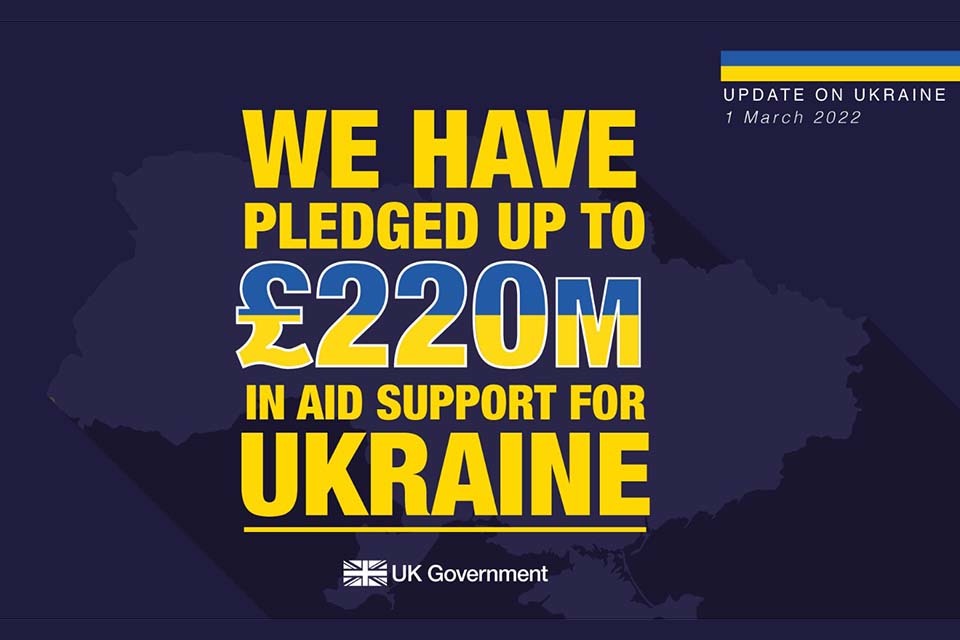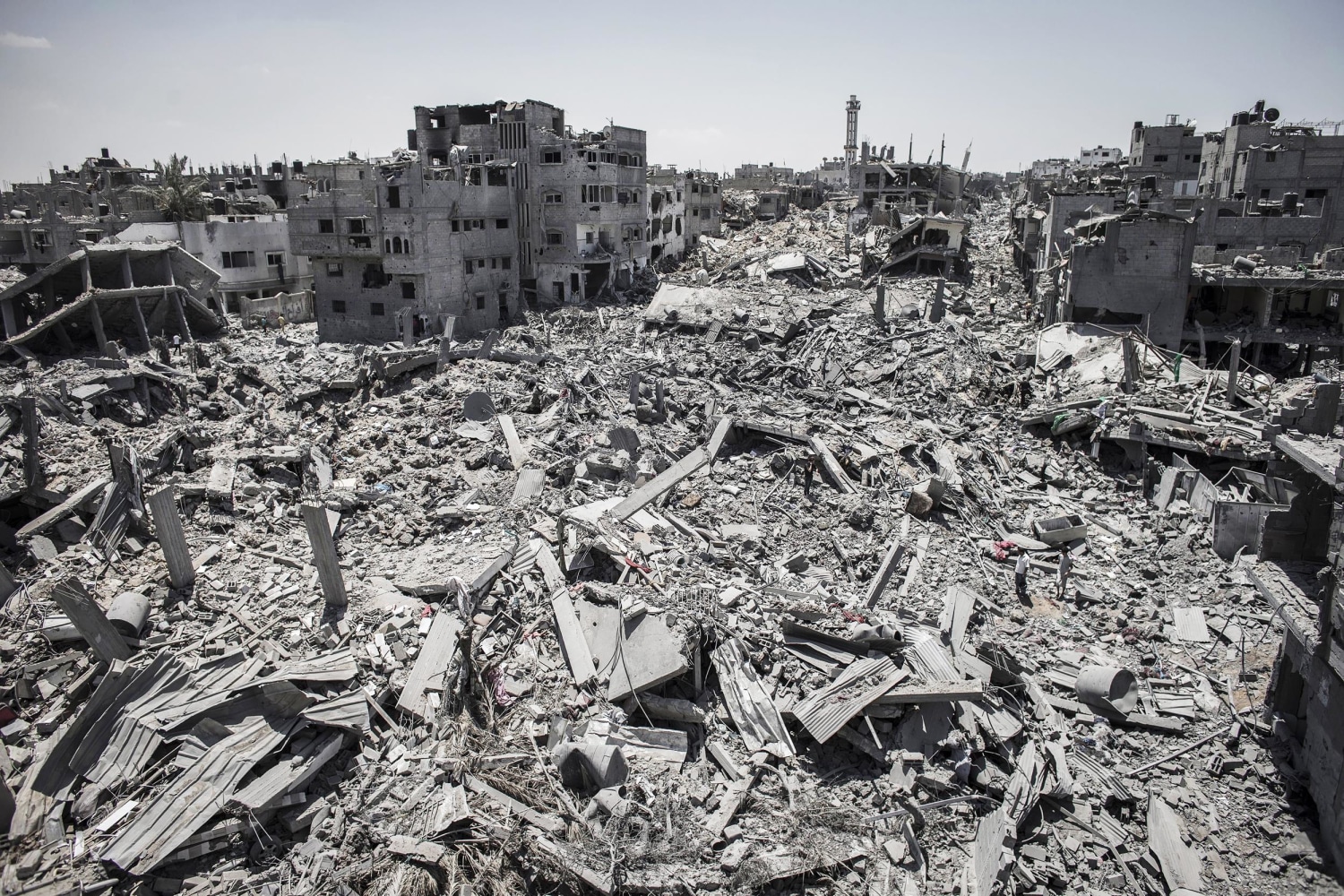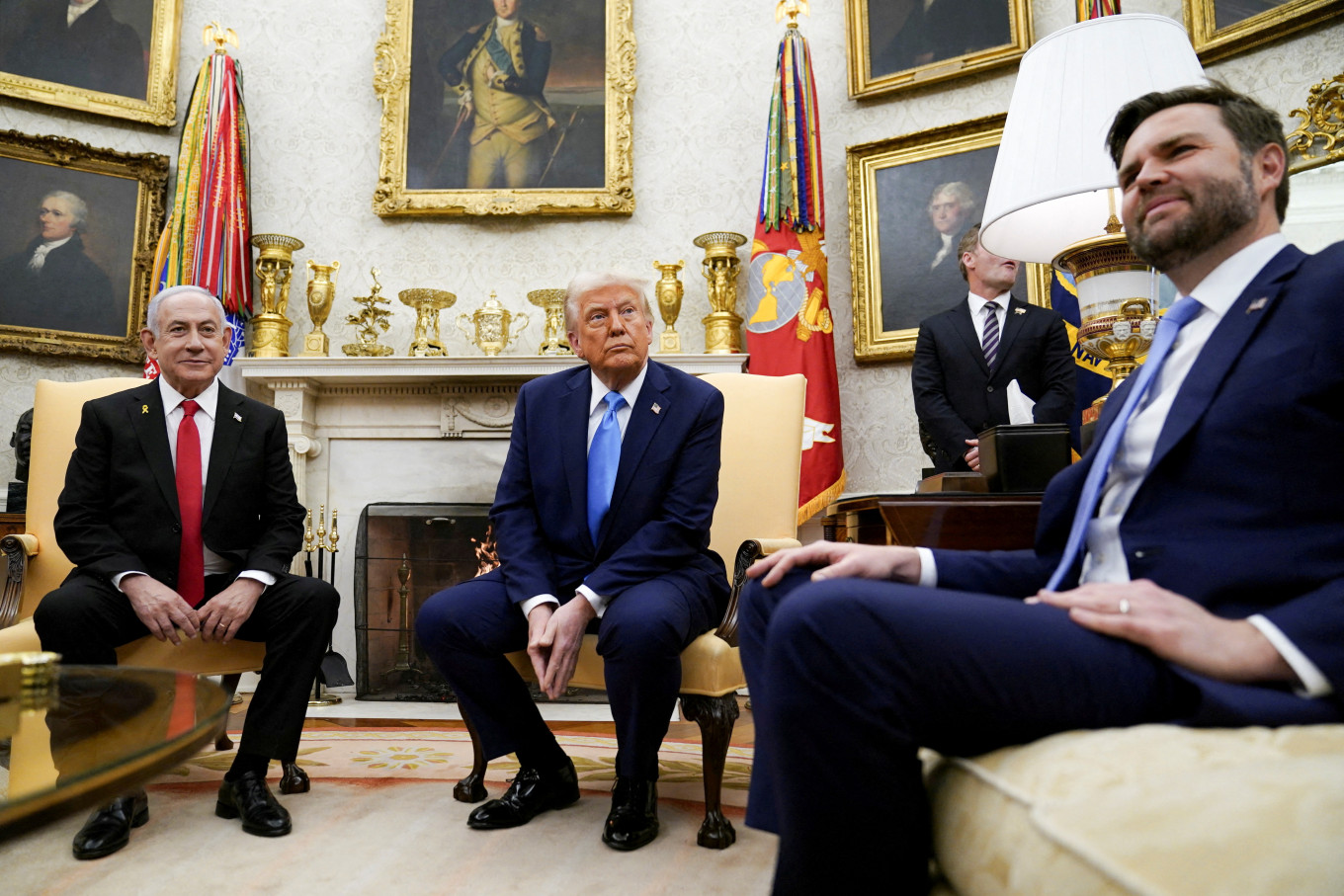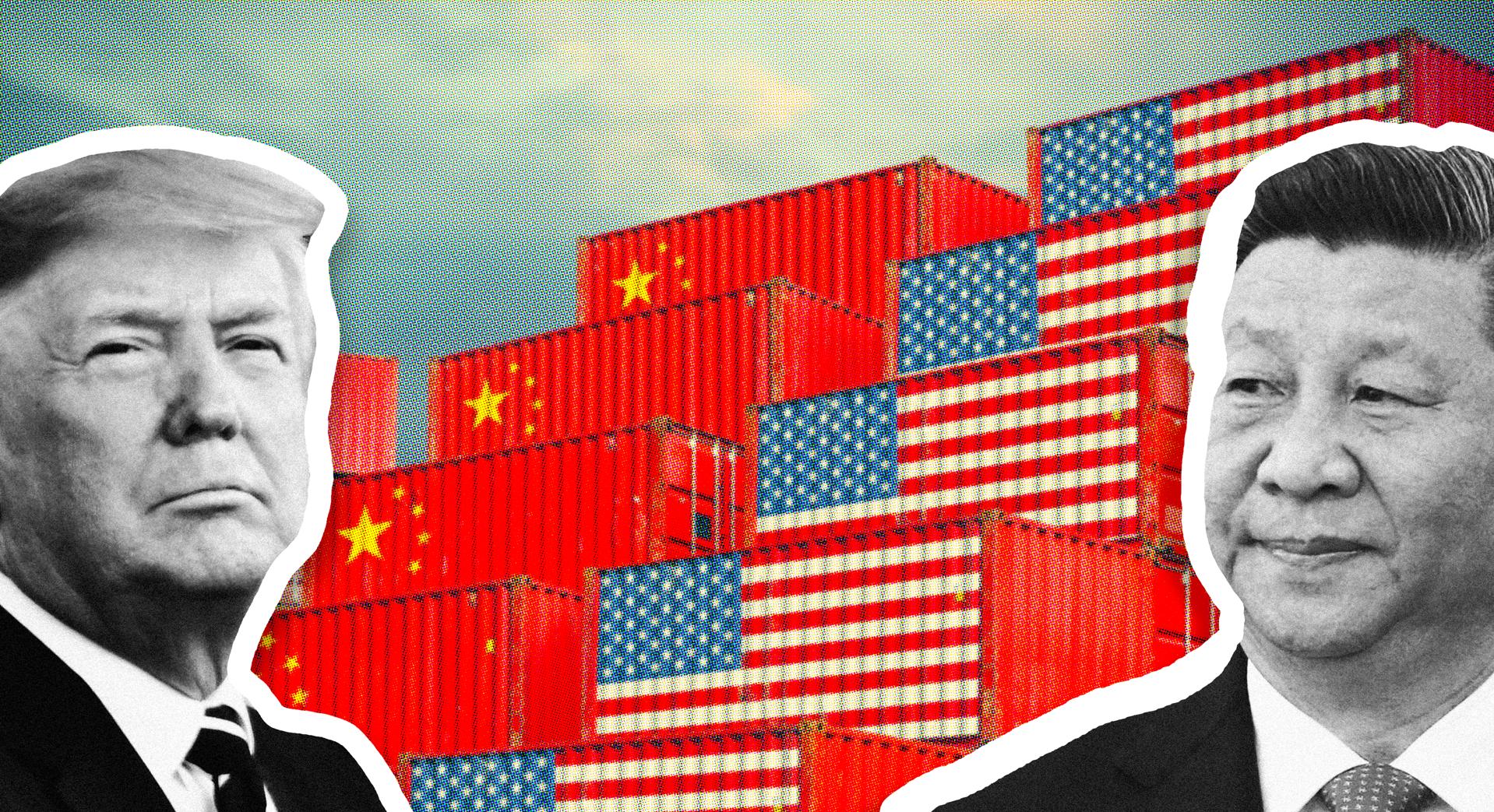Alright, folks, listen up! British Prime Minister Keir Starmer just wrapped up a conversation with Ukrainian President Volodymyr Zelenskyy, and the result? More promises. They’ve agreed to maintain momentum, collaborate closely with international partners, and forge ahead with the next phase of support for Ukraine. Sounds good, right? But let’s be real – ‘maintaining momentum’ and ‘next phase’ are often political euphemisms for ‘we’re still figuring things out.’
Look, the situation in Ukraine is far from resolved, and while the UK’s commitment is welcome, it’s crucial to understand what this ‘next phase’ actually entails. Are we talking about increased military aid? More substantial economic packages? Or just diplomatic posturing? The devil, as always, is in the details.
Let’s unpack this a bit, for those of you newer to the geopolitics of this conflict:
Ukraine’s resilience hinges on sustained external support. Without consistent aid, its ability to defend itself weakens. This is a brutal, simple truth.
The ‘momentum’ Starmer refers to isn’t built on good intentions alone; it demands tangible resources and unwavering political will from key allies like the UK.
International cooperation isn’t merely about attending summits. It’s about coordinating strategies, sharing intelligence, and, crucially, ensuring funds actually reach the front lines.
This isn’t just about Ukraine; it’s about sending a clear message to aggressors worldwide. Weakness is invited, strength is respected. The West needs to understand that. Frankly, I’m cautiously optimistic, but I’m watching closely to see if these words translate into action. Don’t hold your breath waiting for a miracle—it’s hard work, commitment and a long-term strategy that will determine the outcome.






